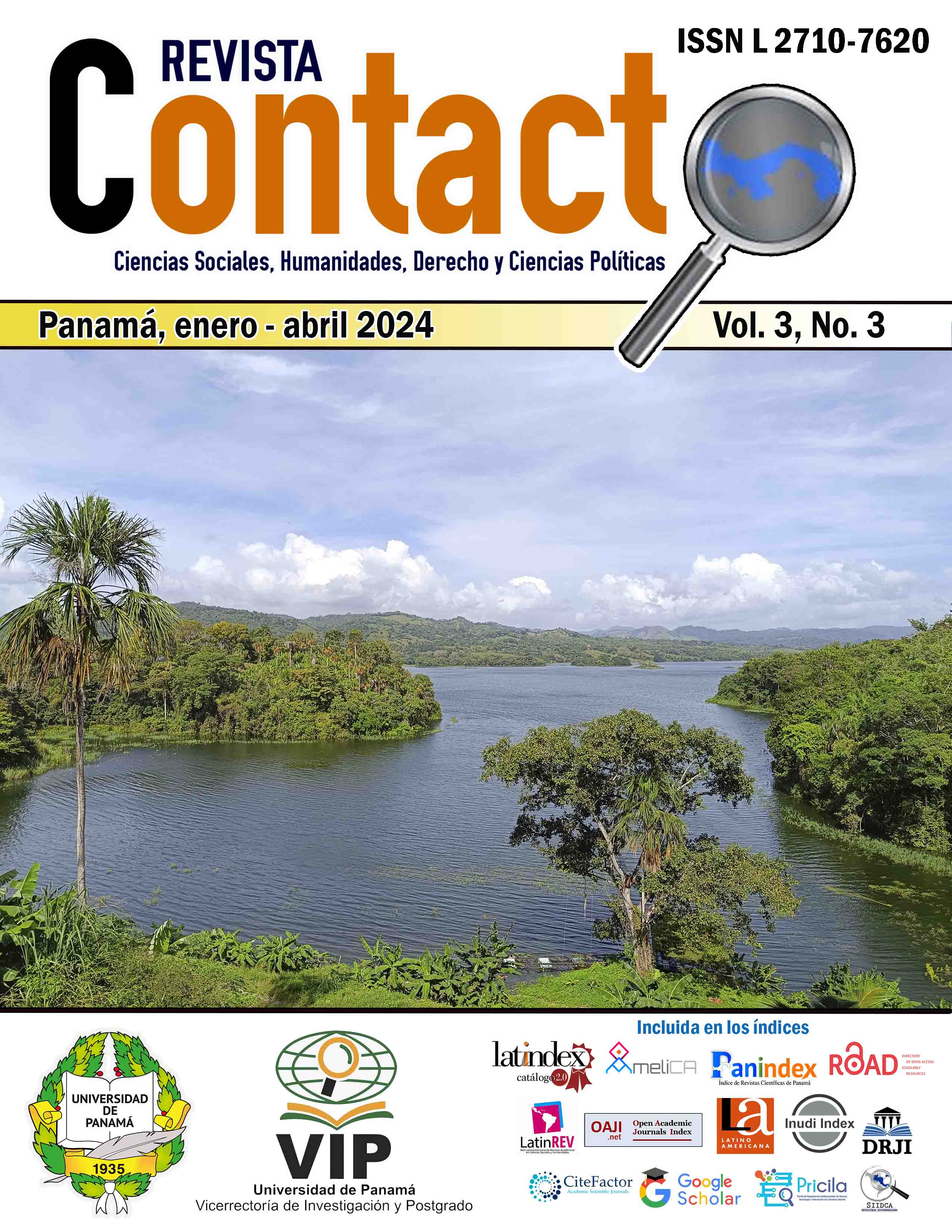

Copyright (c) 2024 Revista Contacto

This work is licensed under a Creative Commons Attribution-NonCommercial-ShareAlike 4.0 International License.
In this work we seek to establish the importance of organizational culture for the development of sustainable tourism, as well as relate this concept to the pillars that support it; discovering some of the challenges and difficulties that the tourism sector has to implement it effectively. In the world there is a considerable number of articles, studies and publications, which establish the direct influence of organizational culture on the development of business management in organizations in the tourism sector. This has increased concerns in this regard in this fundamental economic sector in many countries. The truth is that organizational culture affects all the behaviors, thoughts and patterns that workers have within an organization and company. With organizational culture, clear distinctions can be established between an organization or a company and everyone else, helping to create greater commitment among members and transmitting a sense of identity among all. Thus, the members of the organization not only build the organizational culture, but are responsible for validating, with their daily actions, the elements that make it up because thanks to the organizational culture it is possible to determine which behaviors are or are not the most appropriate within the organization. a company. The organizational culture, also known as business culture, represents the personality and identity of a company, which in the case of those dedicated to tourism activity, its implementation is essential, towards the objective of making the way of managing and doing business in this sector sustainable. Sustainable tourism must be able to focus its activities towards minimizing its possible impacts on nature, society and other areas, respecting the planet and preparing development proposals for these purposes. This segment of tourism has a very promising future, to the extent that environmental, cultural and responsible awareness continues to grow with the development of environmental education and an approach where respect for resources and local culture prevails.